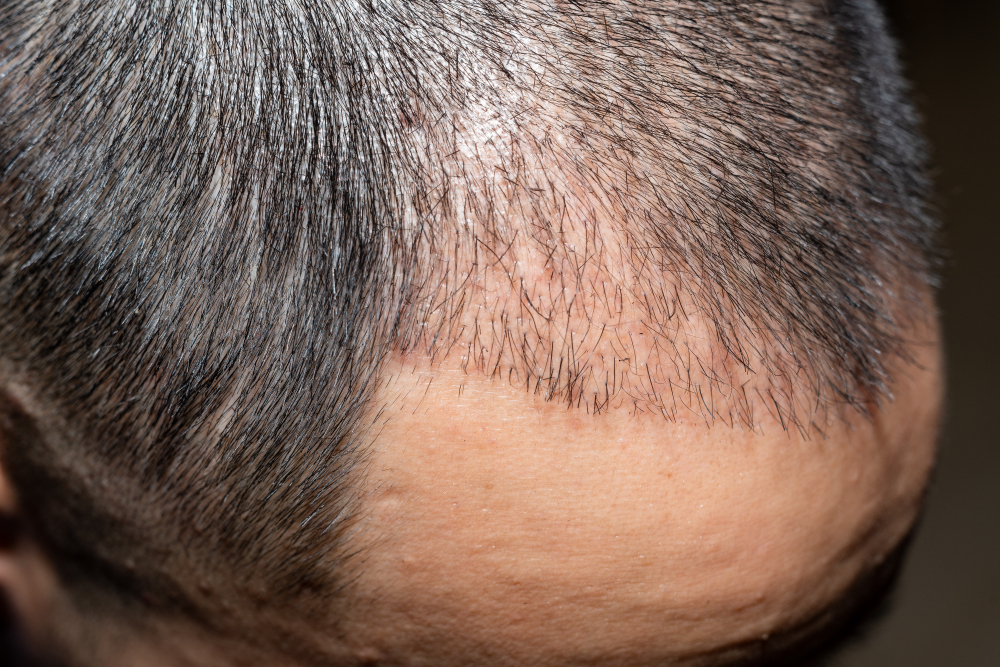The number of times a man can undergo a hair transplant depends on several factors, including the individual’s donor hair availability, the extent of hair loss, the quality of the donor area, and the skill of the surgeon performing the procedure.
Here are some considerations…
- Donor Hair Availability – Hair transplants typically involve taking hair follicles from one area of the body (usually the back or sides of the scalp) and transplanting them to the areas of hair loss. The availability of donor hair is limited, so there is a finite supply of hair that can be transplanted. If the donor area becomes depleted or if the hair is of low quality, it may not be possible to undergo multiple hair transplant procedures.
- Extent of Hair Loss – The extent of a man’s hair loss will also play a role in determining how many times he can undergo a hair transplant. If a person has significant hair loss across a large area, multiple transplant sessions may be necessary to achieve satisfactory coverage. There may still be limits to how much hair can be transplanted.
- Scarring and Healing – Each hair transplant procedure involves making incisions or grafting, which can result in scarring. Repeated surgeries in the same area can increase scarring, which may affect the ability to extract donor hair in the future.
- Surgical Techniques – Advances in hair transplant techniques, such as FUE (Follicular Unit Extraction) and FUT (Follicular Unit Transplantation), have made it possible to extract and transplant hair with minimal scarring. FUE, in particular, is known for its ability to minimize scarring and allow for multiple procedures if needed.
- Patient Expectations – Have realistic expectations about the results of hair transplant procedures. Multiple surgeries may be necessary to achieve desired outcomes, but it’s also important to consider the limitations of the procedure and the natural appearance of transplanted hair.
It’s advisable for individuals interested in hair transplants to consult with a qualified hair transplant surgeon who can assess their specific





